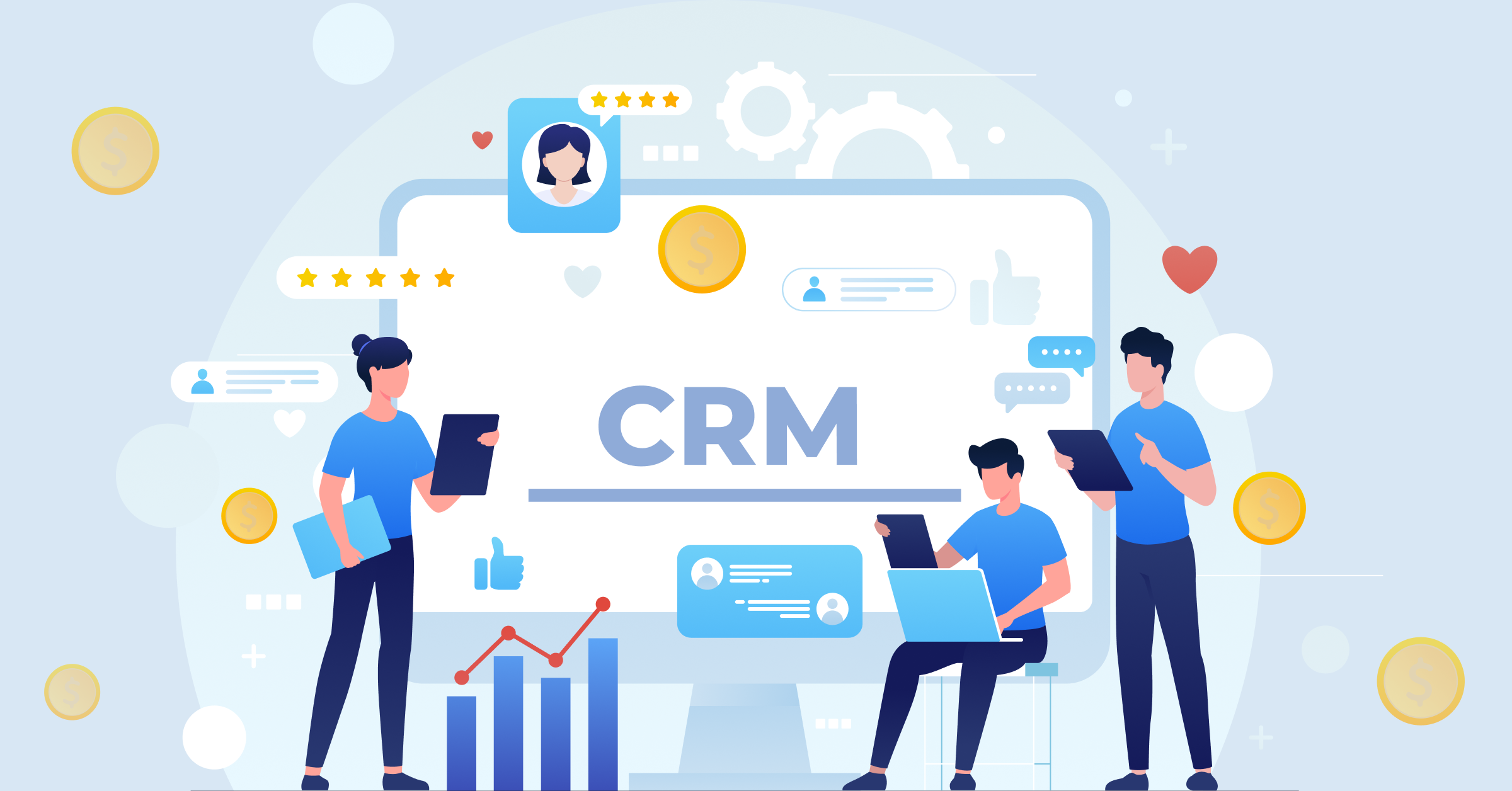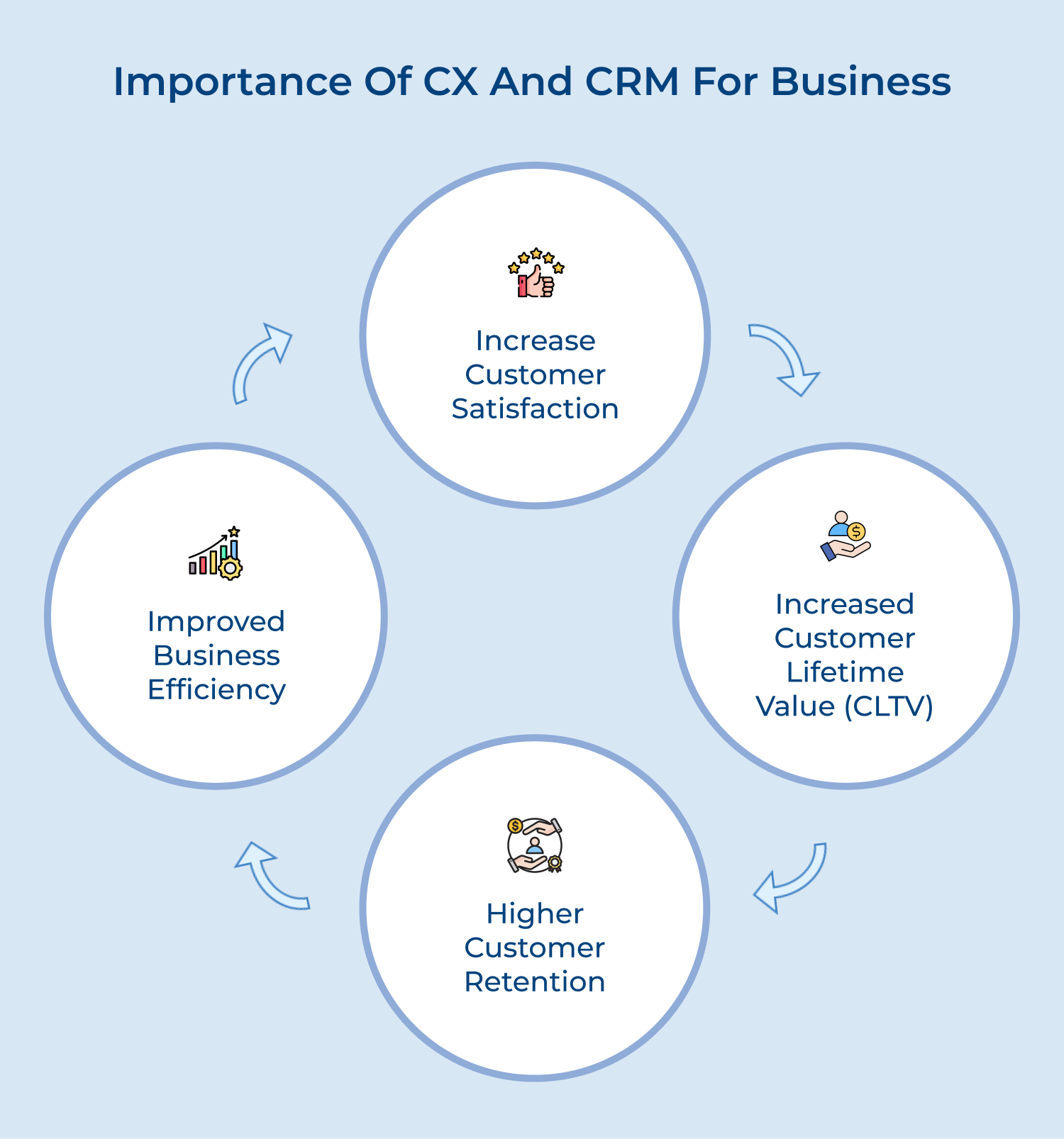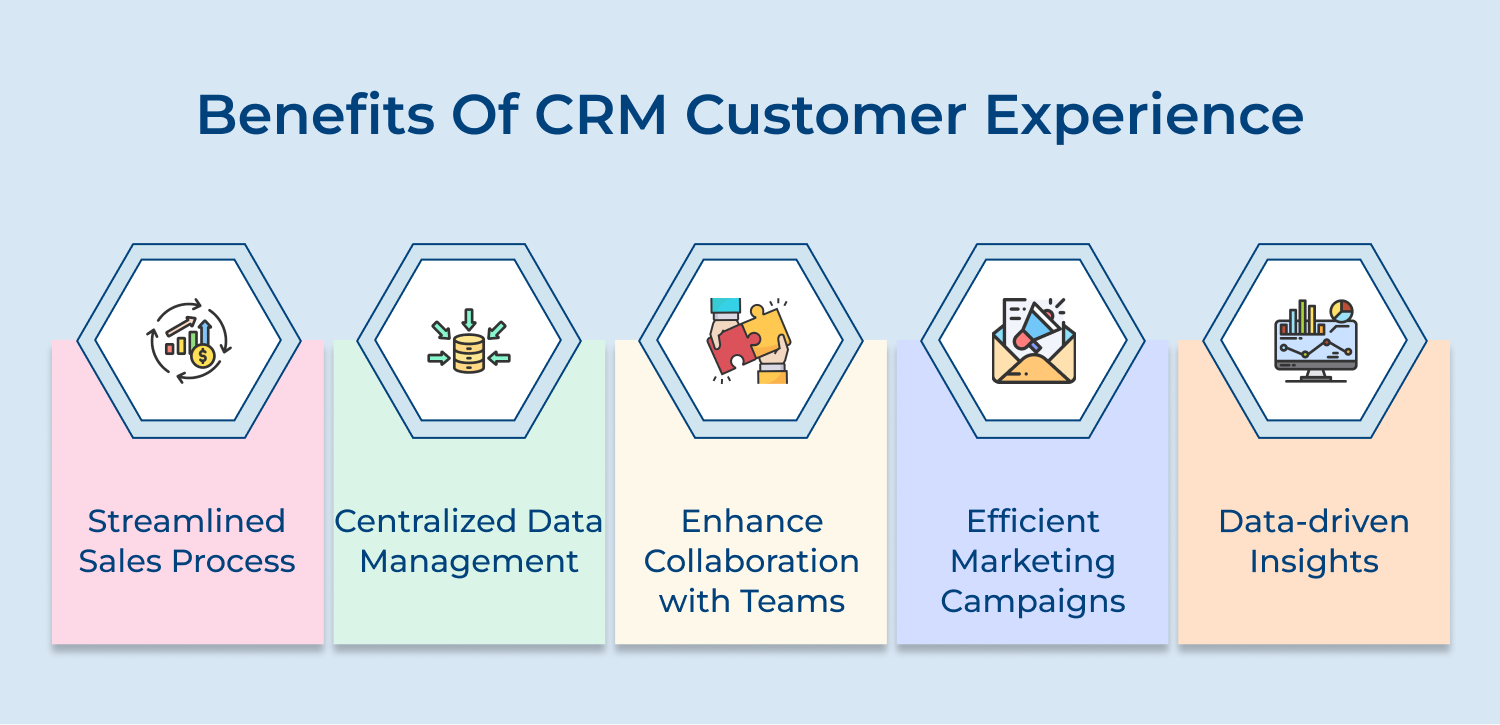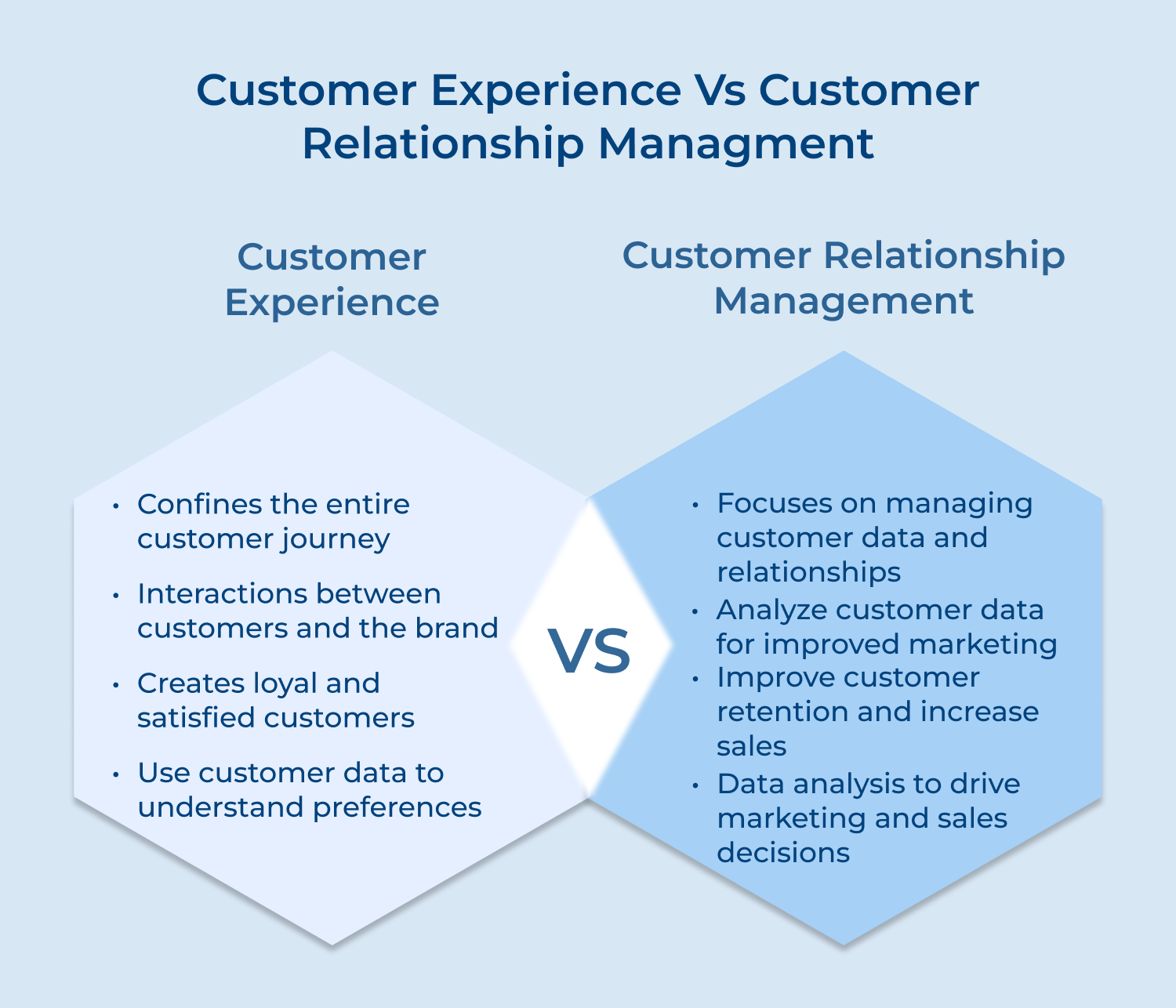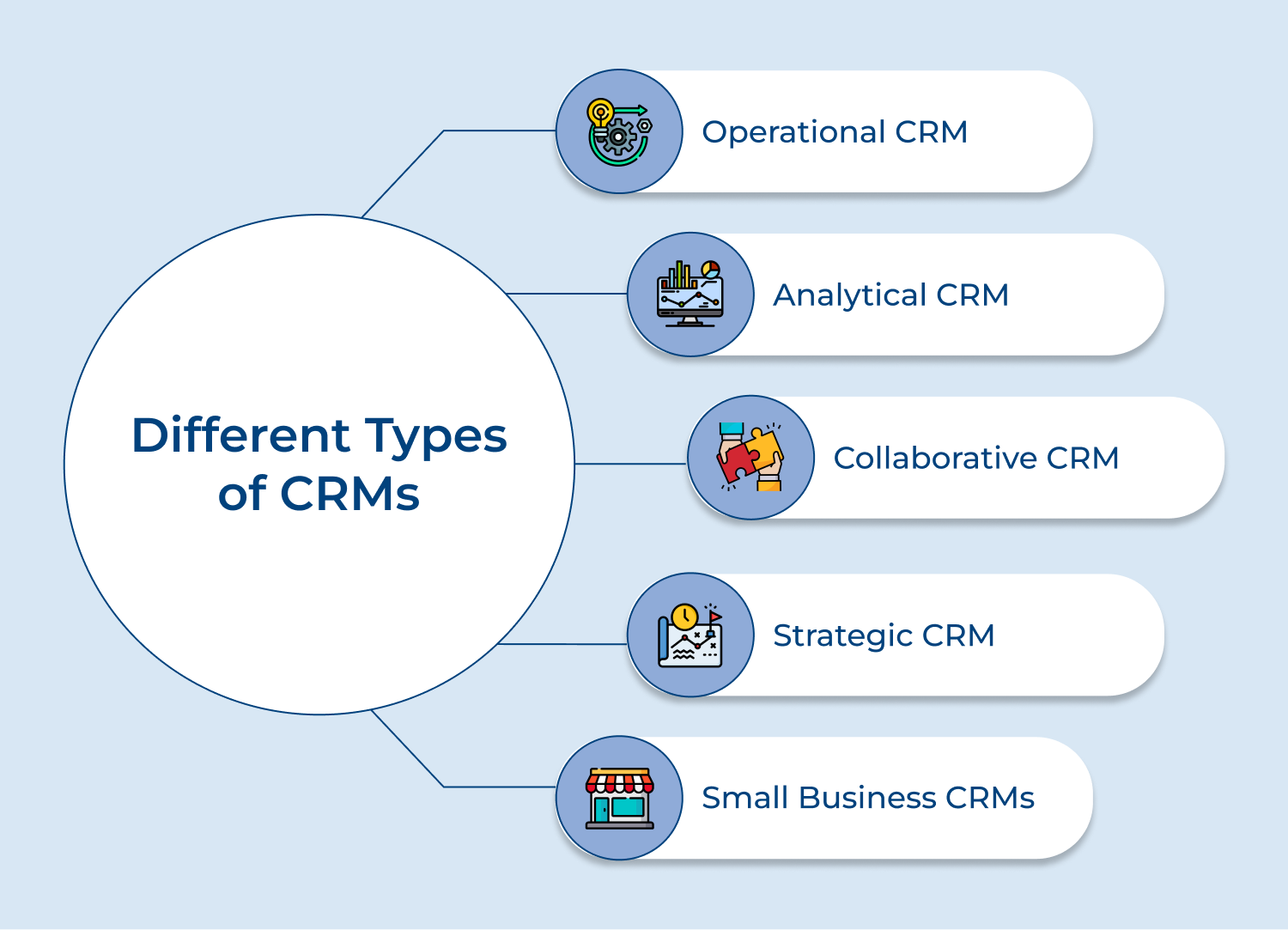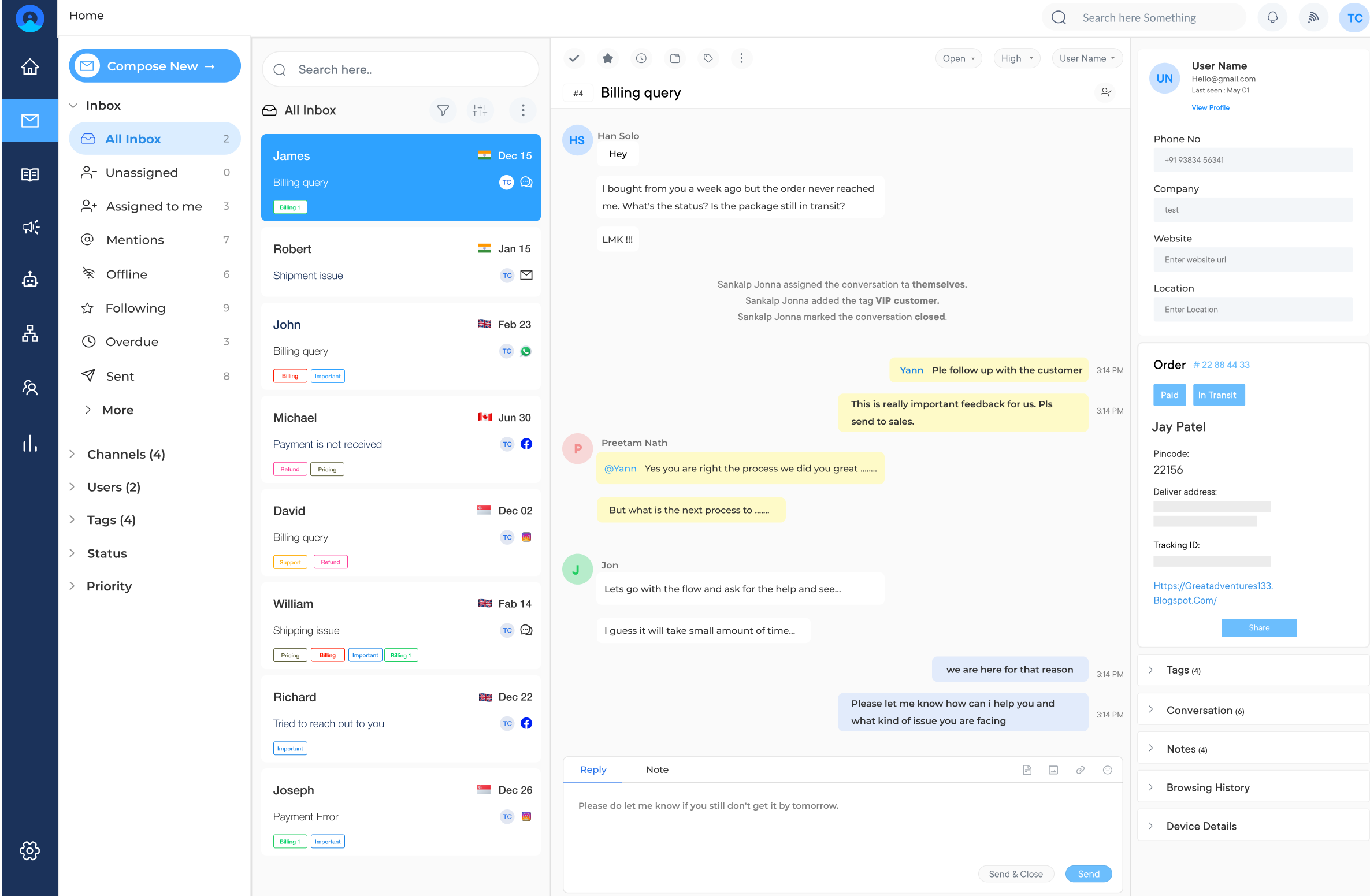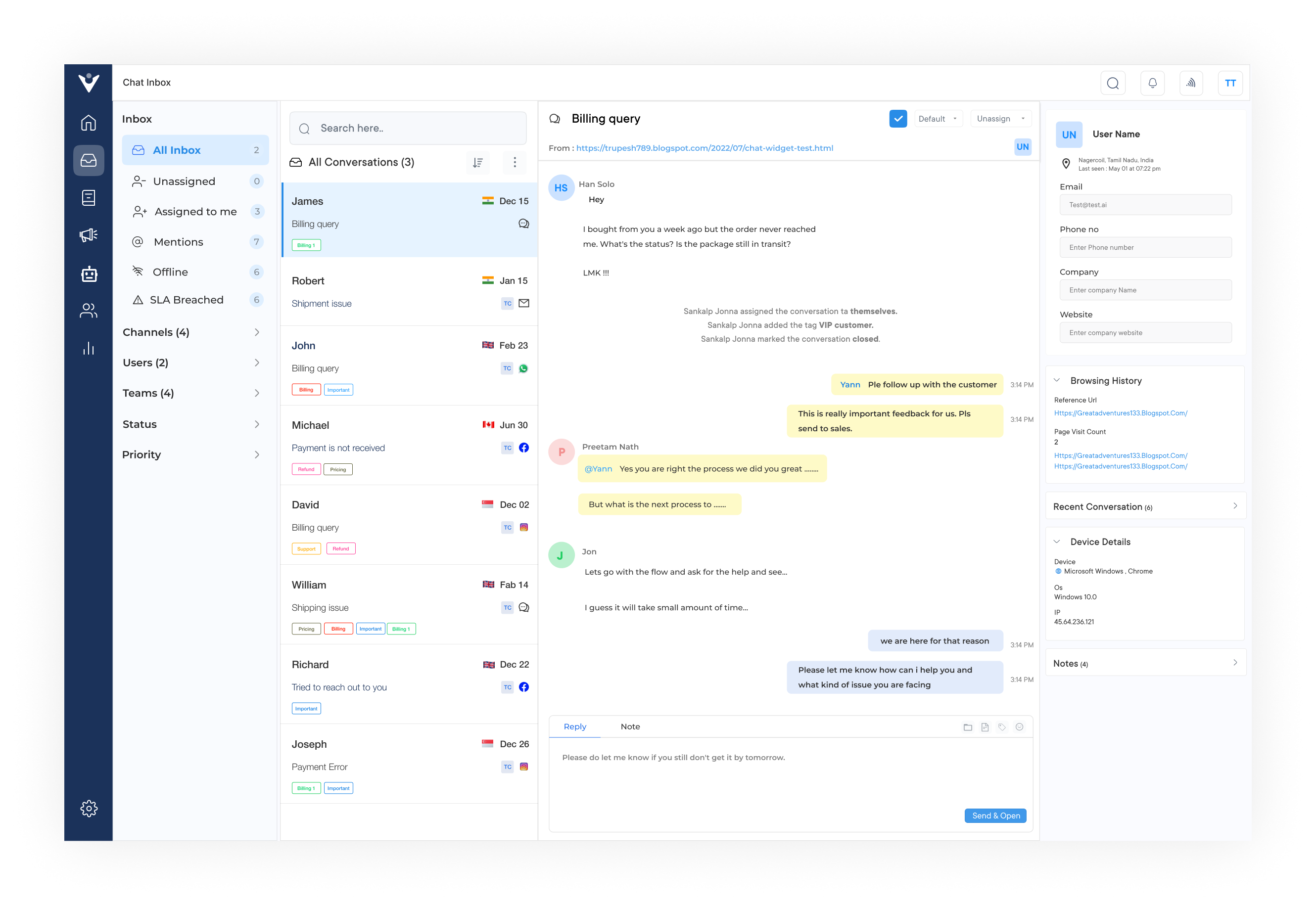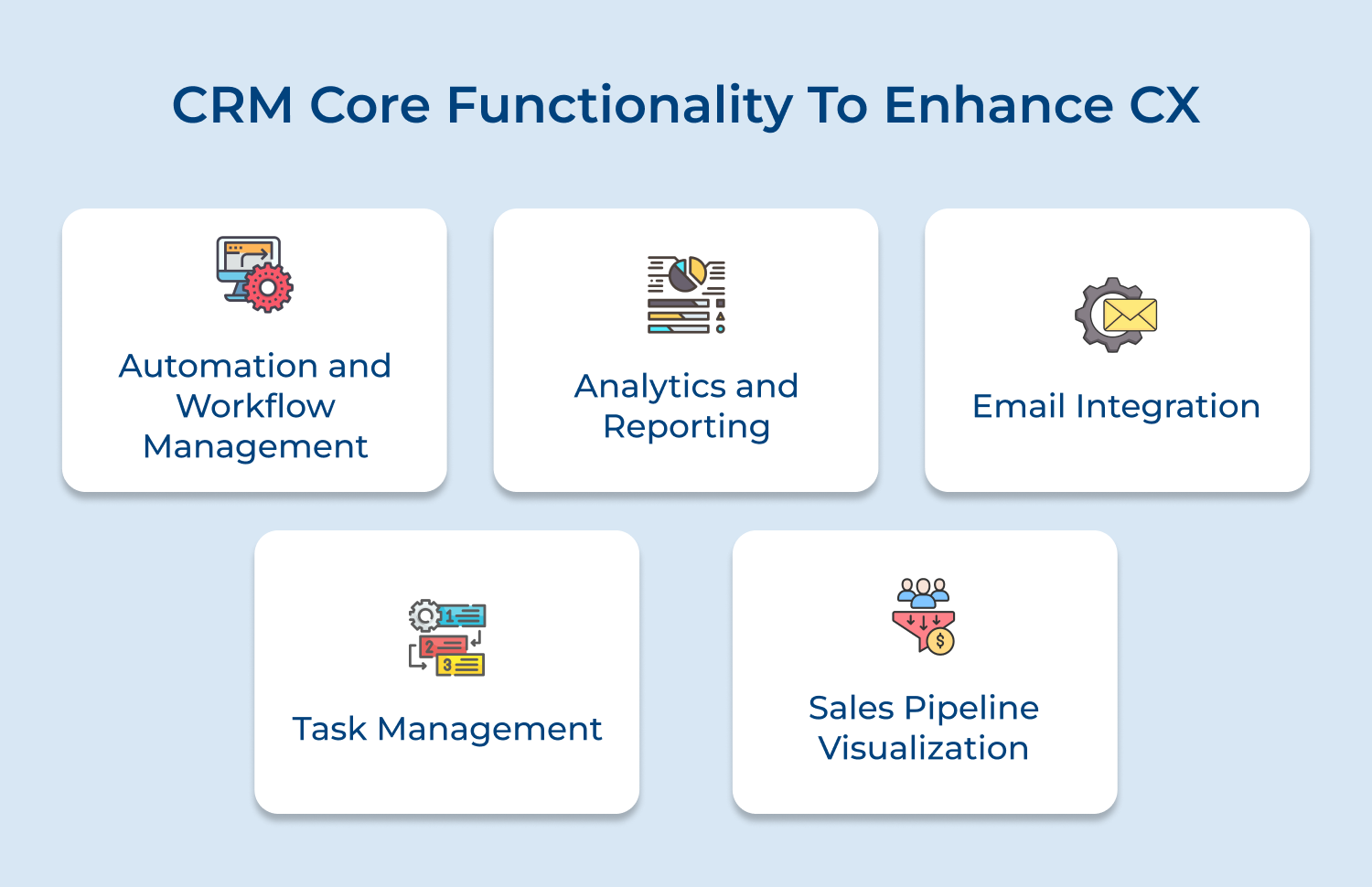1. Operational CRM
Operational CRM focuses on automating key business processes, primarily in the areas of sales, marketing and customer service. It helps businesses to manage their day-to-day interactions efficiently. The key features of operational CRMs include contact management, lead management, sales pipeline tracking, customer support ticketing and email marketing automation.
2. Analytical CRM
Analytical CRM is all about data analysis and generating insights from customer data. It helps businesses understand their customers better, identify trends and make data-driven decisions. The main features of analytical CRMs include data mining, customer segmentation analysis, predictive modeling, customer behavior analysis and performance reporting.
3. Collaborative CRM
Collaborative CRM focuses on improving collaboration and communication among different departments within an organization. It helps in sharing customer information and streamlining internal processes. The key features of collaborative CRMs include document management, project management, team collaboration tools and customer communication tracking.
4. Strategic CRM
Strategic CRM is designed to align the company’s overall business strategy with its customer relationship management efforts. It focuses on long-term customer retention and loyalty. The main features of strategic CRMs include customer satisfaction surveys, loyalty program management, customer feedback management and customer lifetime value analysis.
5. Small Business CRMs
Small business CRMs are specifically designed for the needs of small businesses with limited resources and budgets. They offer basic CRM functionalities such as contact management, task management and email integration at an affordable price. The key features of these CRMs are user-friendly and provide a simplified interface, making them ideal for small businesses without dedicated IT teams.
The Top CRM Software Platforms Available in The Market
Customer Relationship Management (CRM) software has become a vital tool for businesses to manage and improve their relationships with customers. With numerous options available in the market, it can be overwhelming to choose the right CRM software for your business needs.
To help you in your selection process, here are the CRM software platforms and their key features:
1. Omni24
